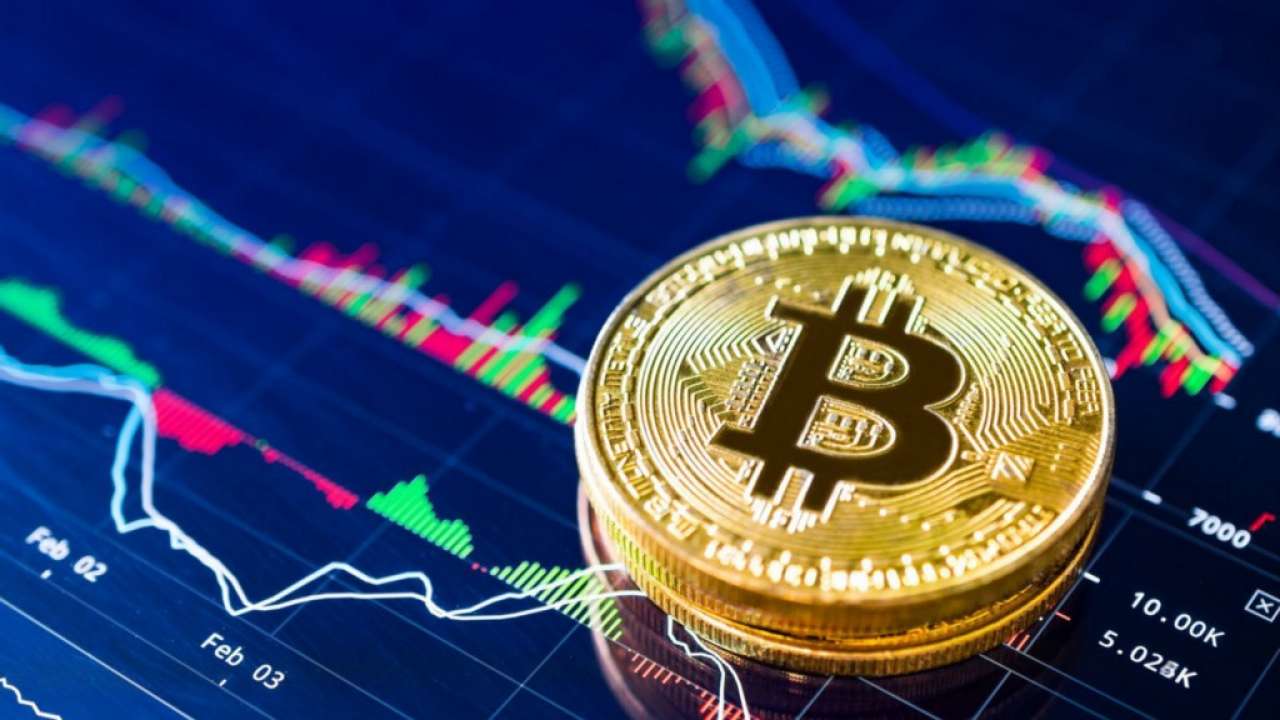You are in the right place if you want to learn how to swap cryptocurrencies. There are mountains of knowledge that can quickly confuse anyone, even an experienced trader. We also built this comprehensive cryptocurrency trading guide for beginners to support you.
You’ll learn what you need to start trading cryptocurrencies in this article. This guide has a lot to cover, so let’s plunge straight in.
What is cryptocurrency?
Cryptocurrencies are digital money types. They can be used much as traditional currencies to pay for products and services. As standard types of money can be exchanged on the forex against one another, cryptocurrencies can also be traded on specialized markets called cryptocurrency exchanges against unique pairs.
In comparison, bitcoins, unlike traditional currencies like the U.S. dollar, are also not regulated by a particular individual. They are also protected with sophisticated cryptography and a modern form of the public online blockchain. It is circulated to anyone involved in a copy. See the brief video below to see how blockchain functions until we begin.
Virtual currencies have been around in various experimental ways for more than a few decades, yet the first to effectively introduce them was Bitcoin. Satoshi Nakamoto (pseudonym), which introduced the network in January 2009, published its whitepaper “Bitcoin: A Peer-to-Peer Electronic Cash System” in October 2008.
Bitcoin has spurred a whole new digital coin class to be acquired and exchanged globally on cryptocurrency exchanges.
Other than Bitcoin, other well-known and well-accepted cryptocurrencies include Ethereum – now trailing the network valuation of Bitcoin, and Tether – also the network value pioneer in stablecoin.
Cryptocurrency trading vs. investing
You have to distinguish between cryptocurrency trading and investing as you understand how to buy and sell cryptocurrencies. What’s the distinction? What’s better? And how do you use this difference to make your investment effective? Both words are sometimes used interchangeably but vary.
They are just the same insofar as the ultimate objective is the same – benefit from your operations. They are distinct since the outcomes of trade are usually anticipated in short to medium term. This may be from minutes or hours to a few days or weeks. The dealer is in it for a long time with savings. We’re considering months to years or more all the way.
You will want to select a medium to long-term trade and investment approach as a novice. This typically takes longer to study and evaluate the company before committing.
The markets for cryptocurrencies
As for the available crypto-currency markets, there are two groups: the spot, the futures markets, and the conventional financial instrument markets.
Crypto Spot Market
As the name means, commodities are either acquired or traded on the spot in the crypto spot market, implying the distribution takes place “on-site.” When you acquire Bitcoins, the coins are automatically shipped, and the invoice is often taken out instantly.
There are two types of sellers on the spot market:
Makers – they are the selling initiators. As a manufacturer, you list a possible exchange trade. You can open a business at a specific price point, such as selling your Ethereum coins, welcoming a prospective customer to meet your request.
Takers – the dealer who fulfills the order is on the other side of the equation, and these are named takers. As the name suggests, these merchants “take” and satisfy current orders.
Manufacturers are adding liquidity to the market. On each hand of the buying coin, there are producers and consumers. There are suppliers with both purchasing and selling orders because there are both buyers and sellers. An order book is a directory on which available charges are registered.
For example, whether you’re a customer, you may search the order book and position an order already in existence or place an order. The platform compares your buying request dynamically to the current sale order.
Crypto derivatives
The demand for cryptocurrency futures is made up of financial securities focused on the valuation of a virtual currency. These derivatives may depend on the valuation of other derivatives and shape many layers – a house of cards.
